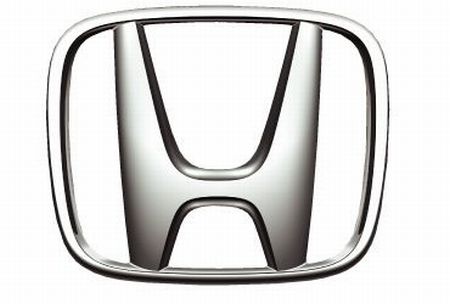Once seen as a stopgap between conventional internal combustion engines and full battery electric vehicles, hybrid technology wasn’t given much of a lifespan. There was an assumption that the hybrid gasoline-electric hybrids would stick around for a decade or so while battery and fuel cell technology picked up to a point where they could completely take over.
These days, however, it seems like the battery takeover time is much further down the road and that hybrids (and plug-in hybrids) will be here for much longer than anyone had anticipated. Part of the reason is that hybrids have achieved a level of consumer acceptance that still doesn’t exist for battery electric vehicles. While hybrids are road-proven, most people still think of electric cars as fantasies or crushed hunks of metal at a General Motors scrapyard.
Nevertheless, it’s interesting to see that Honda, a company that is notable for producing the world’s first production hydrogen fuel cell vehicle, will be extending the outlook of hybrids:
But hybrids have stayed in limelight longer than we expected. Today, an increasing number of people think that hybrids will remain a player 2-3 times longer, until fuel cell vehicles and electric vehicles begin [gaining share]. Hybrid technology is also applied to fuel cell vehicles, range-extender vehicles, plug-in hybrid vehicles. Thus, instead of being a bridge technology, hybrids are expected to remain in the mainstream for quite some time.
You would assume the company would be promoting a quick shift away from conventional ICE and hybrid technology to a fuel cell platform, but it seems as though the serious doubts about the viability of that and battery technologies will even further postpone their adoption.
Source: GCC
Popularity: 10% [?]





{ 2 comments }
The problem that batteries encounter is an asymptotic barrier. Chemical reaction to produce electricity has to be dialed down so the process can be repeated for many cycles.
Engines don’t have that problem. Once an engine uses the fuel it throws it away. The engine can fully run the reaction without having to put up limiters to keep it in bounds. If the battery ran the reaction as completely as our engines do. . .you have to throw it away.
So really the question is whats the most powerful chemical reaction that is readily reversible. There really aren’t that many that can produce an electric current overall and there are even fewer that can produce a current and be reversible.
Without the development of some other chemical reaction that is readily reversible, batteries and fuel cells are out of reach for vehicles. Having come from a minor in chemistry I’m pretty confident that most of those reactions are already catalogued. Chemists have been using electricity(as a byproduct in reactions and to cause them) for alot longer than just about anyone else.
The development of designer life forms that convert CO2 en masse to to gasoline(or any of the other hydrocarbons) looks to be the answer and Honda is predicting it. If you have plants that consume CO2 and sunlight to create gasoline alternative fuels become caviar and Honda doesn’t want to get stuck holding the dead fish.
Thanks for the comment.
That’s a good point, the promise of a sunlight -> biofuel conversion process is indeed interesting, but I don’t know if it’s efficient enough yet to really begin betting on.
Comments on this entry are closed.
{ 1 trackback }